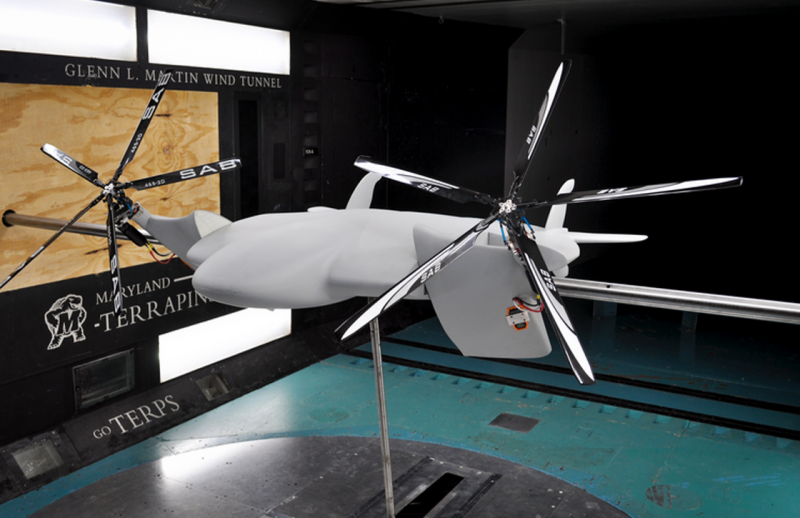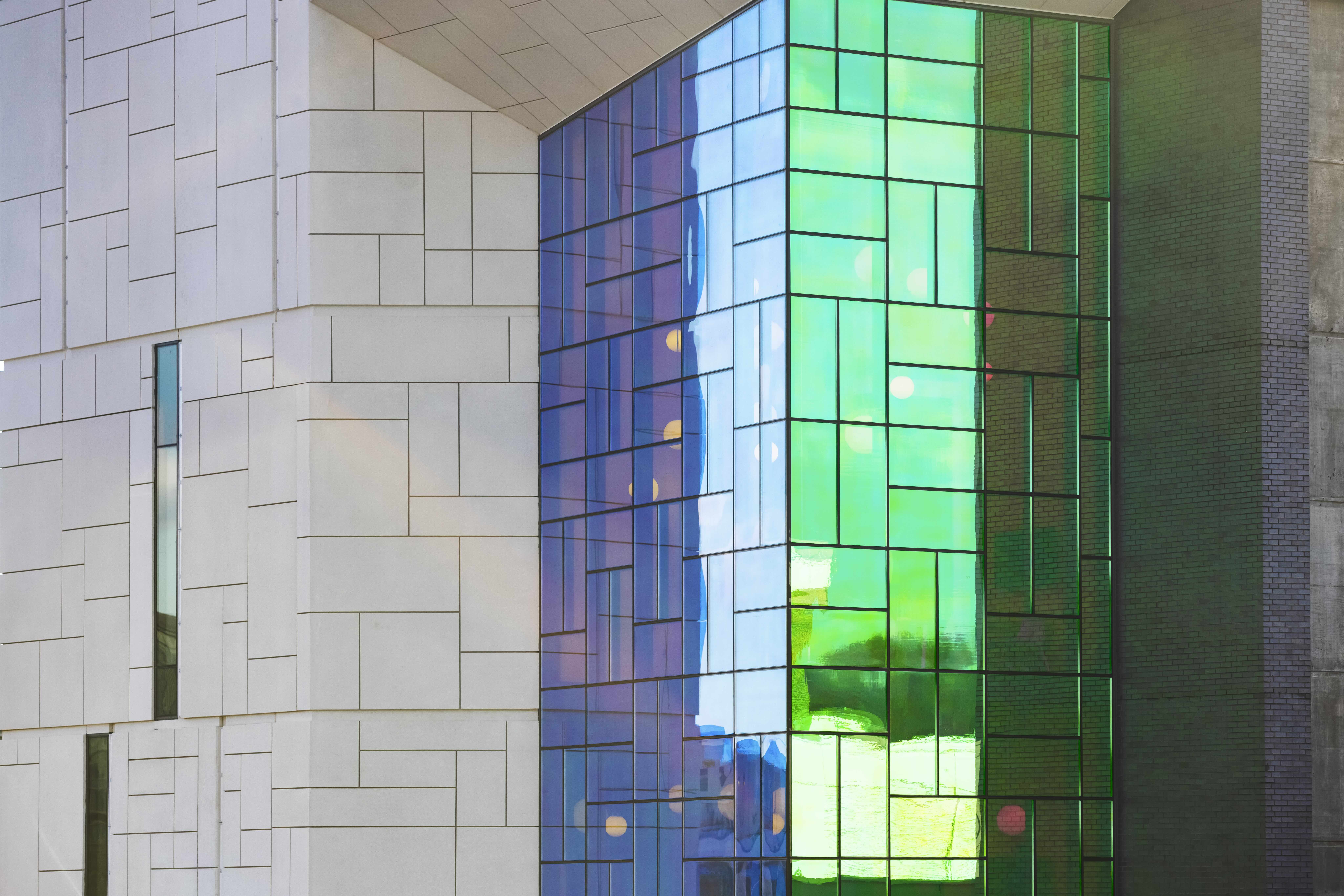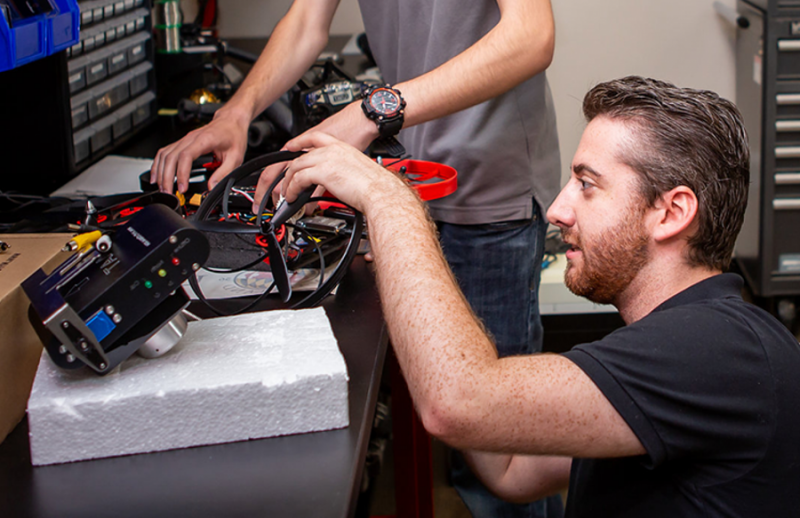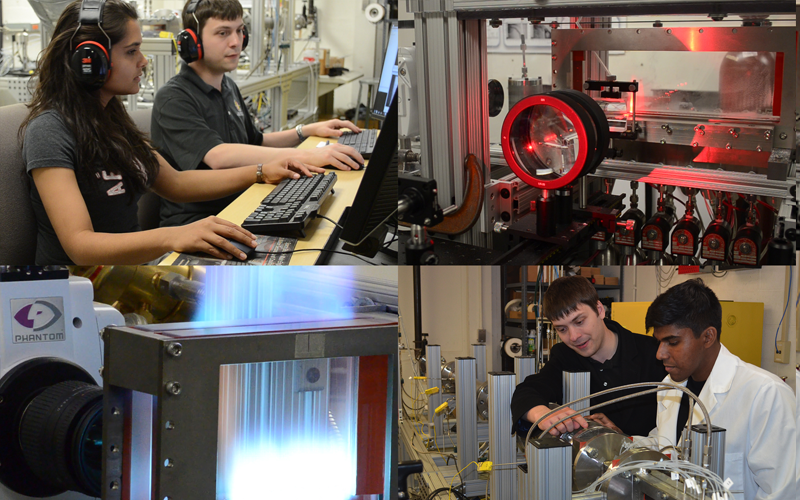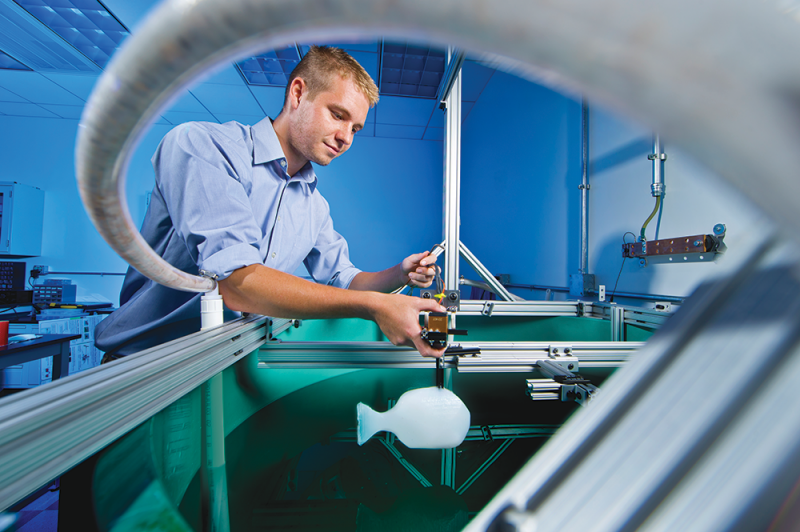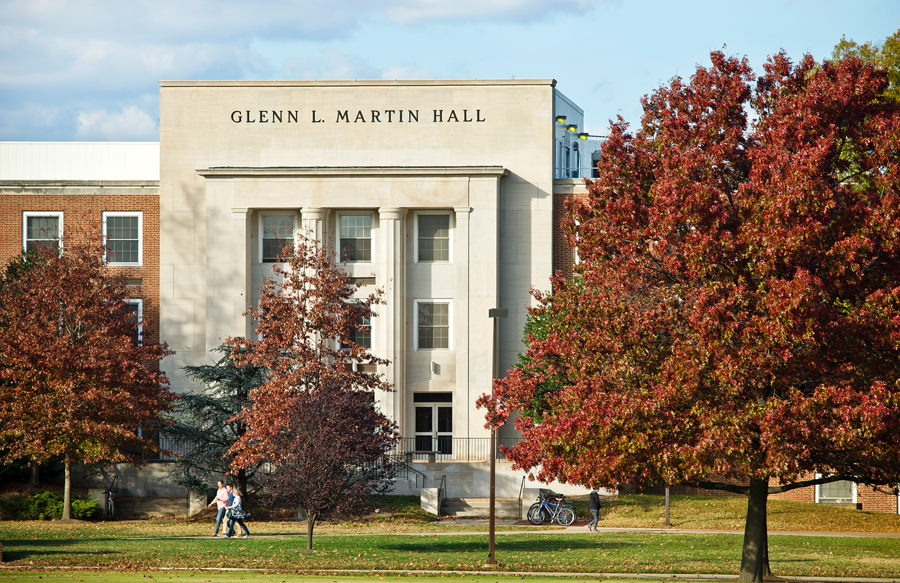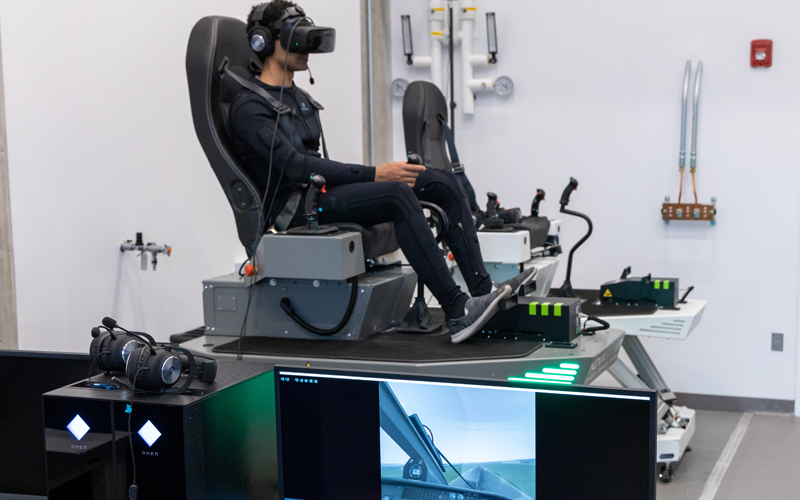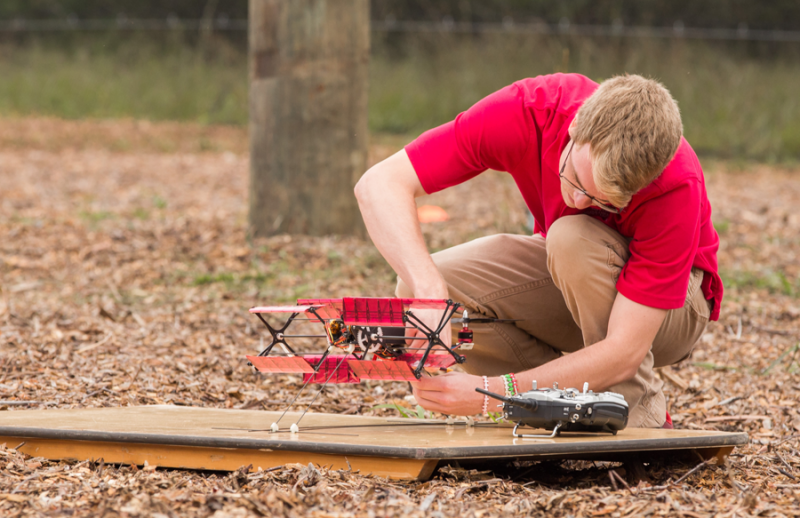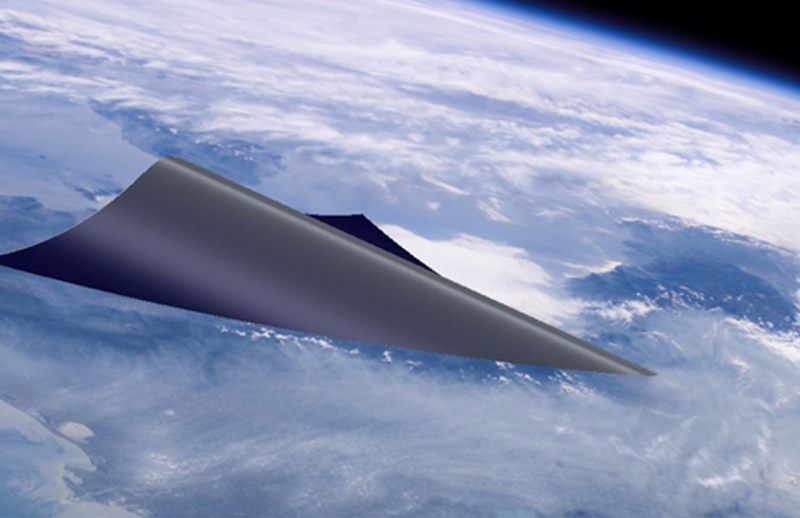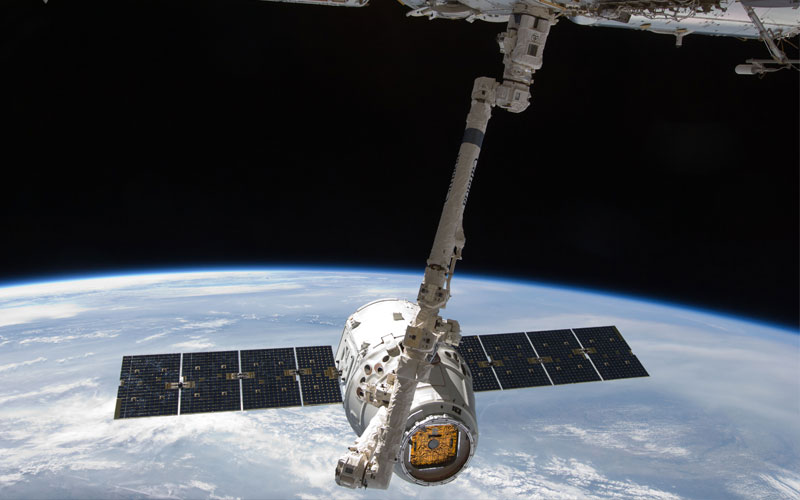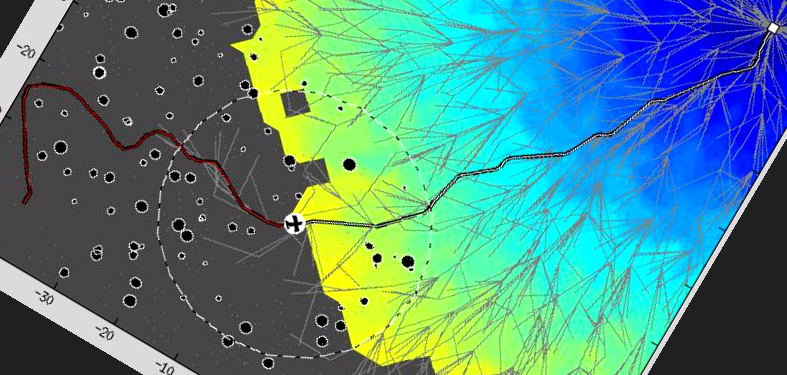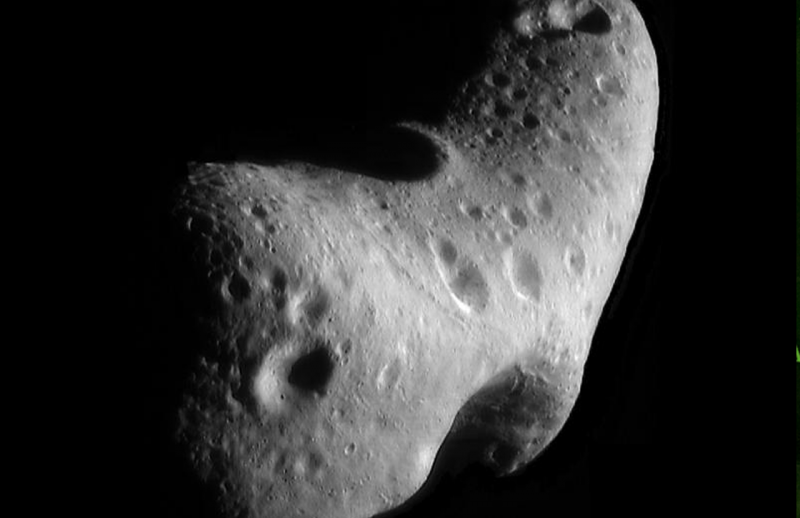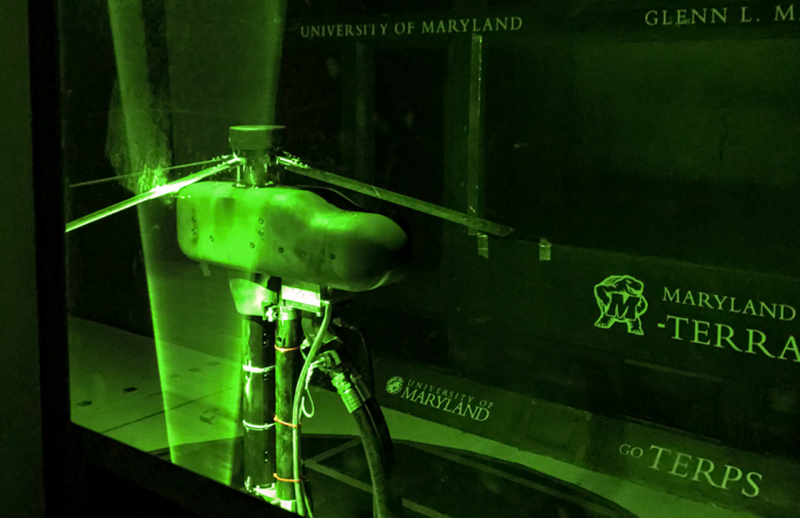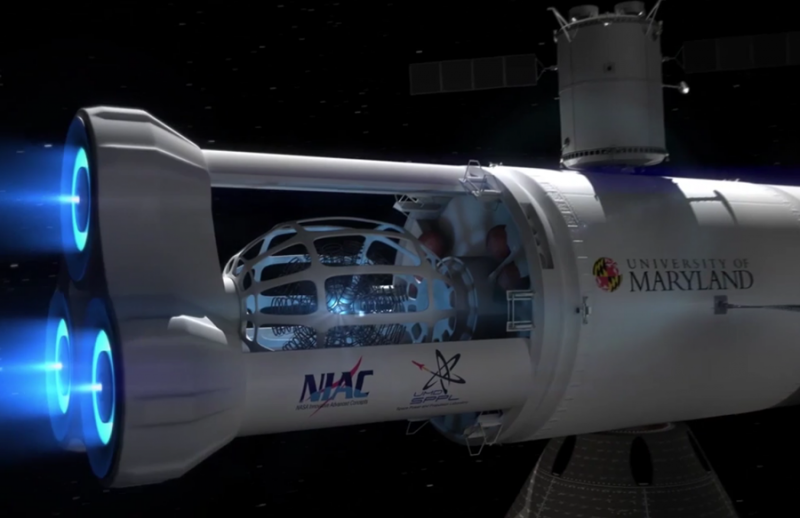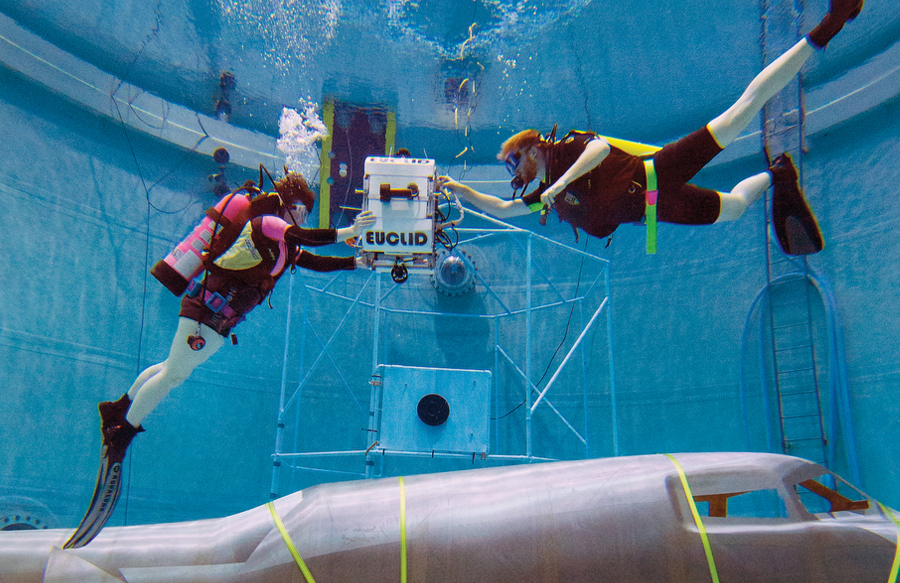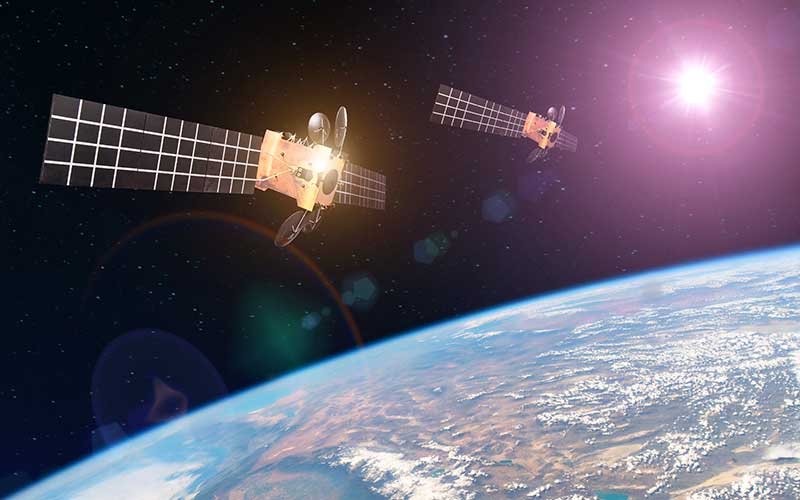Research Centers & Labs
Centers
Alfred Gessow Rotorcraft Center (AGRC)
Principal Investigator: Inderjit Chopra
Location: 3168 Glenn L. Martin Hall
Glenn L. Martin Wind Tunnel
Principal Investigator: Jewel Barlow
Location: 2102 Martin Wind Tunnel
Maryland Robotics Center
UAS Research and Operations Center (UROC)
Principal Investigator: John Slaughter
Location: 44181 Airport Road, California, MD 20619
Labs
Advanced Propulsion Research Laboratory (APRL)
Principal Investigator: Kenneth H. Yu
Location: 0127 Engineering Lab Building
Collective Dynamics and Control Laboratory
Principal Investigator: Derek A. Paley
Location: 3150 Glenn L. Martin Hall
Composites Research Laboratory
Principal Investigator: Norman M. Wereley
Location: 3179 J Glenn L. Martin Hall
Extended Reality Flight Simulation and Control Lab
Principal Investigator: Umberto Saetti
Location: E.A. Fernandez IDEA Factory
Fearless Flight Facility (F3)
Film Cooling Research Laboratory
Principal Investigator: Christopher Cadou, Arnaud Trouvé
Location: 3176 Glenn L. Martin Hall
High-Speed Aerodynamics and Propulsion Laboratory
Principal Investigator: Stuart J. Laurence
Location: 3184 Glenn L. Martin Hall
Machine Learning for Dynamical Systems Lab
Principal Investigator: John Martin
Motion and Teaming Lab
Principal Investigator: Michael Otte
Planetary Surfaces and Spacecraft Lab
Principal Investigator: Christine M. Hartzell
Location: 3178 Glenn L. Martin Hall
Separated and Transient Aerodynamics Laboratory
Principal Investigator:
Location: 3154 Glenn L. Martin Hall
Space Power and Propulsion Lab
Principal Investigator: Ray Sedwick
Location: 3146 Glenn L. Martin Hall
Space Systems Lab
Principal Investigator: David Akin
Location: 2100D Neutral Buoyancy Research Facility
Strategic Space Sensing Lab
Principal Investigator: Tam Nguyen
